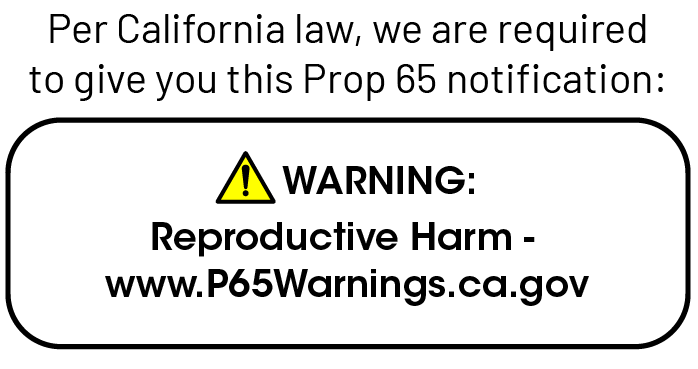Soy Isoflavones
In Korean folk medicine, soybean paste was applied to lacerated skin wounds, in the belief that it would accelerate wound healing and decrease scarring. Modern science has found that soy isoflavones genistein and daidzein stimulate the synthesis of hyaluronic acid, preventing damage to the skin structure caused by natural loss of this structural component. Genistein induces collagenation in soft tissue wound healing and inhibits tyrosine kinase, angiogenesis, and topoisomerase II. Isoflavones are polyphenolic compounds that are capable of exerting estrogen-like effects, i.e. they will weakly bind to the estrogen receptors. Legumes, particularly soybeans, are the richest sources of isoflavones in the human diet. In soybeans, isoflavones are present as glycosides (bound to a sugar molecule). Fermentation of soybeans or soy products results in the release of the sugar molecule from the isoflavone glycoside, leaving an isoflavone aglycone. Soy isoflavone glycosides are called genistin, daidzin, and glycitin, while the aglycones are called genistein, daidzein, and glycitein, respectively. Soy isoflavones are used today in skin care as well. Skin becomes drier and thinner in response to the decrease in hormone concentration during menopause; this can increase the appearance of wrinkles and loss of collagen. Soy isoflavones in your skin care regimen can reduce this effect on the skin. If you have a history of hormone responsive cancer or are taking tamoxifen, please ask your doctor before using this soy based product.
